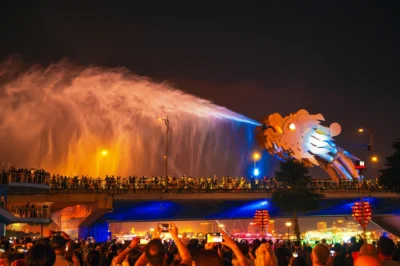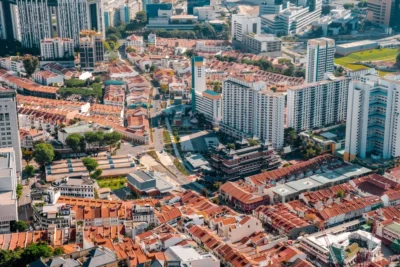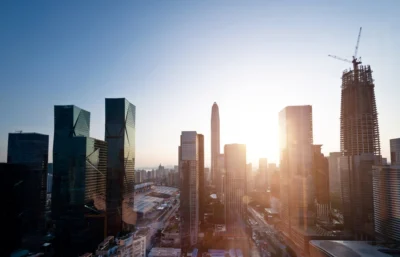Hospitality industry visualises post-pandemic operations
With careful attention to technology, design and hygiene to lure back customers

According to global property consulting firm JLL, the hospitality industry in the Asia Pacific region is hoping to see an early surge in domestic demand and a steady return of foreign clients as soon as the public health crisis eases.
Hotel owners and operators are already gearing up by implementing a series of initiatives and devising a robust health and hygiene system to boost guests’ confidence levels mid- and post-pandemic.
“The hospitality industry is going through a transformational change and the effects of the pandemic are accelerating its evolution,” said Alex Sigeda, the vice president of strategic advisory & asset management at JLL Hotels & Hospitality Asia Pacific.
“At the top of the agenda for many hotel owners and operators is giving travellers the reassurance of guest safety and strict hygiene standards by securing professional certifications and independent accreditations,” he added.
More: Hotel branded residences to emerge as Class A real estate in Asia
International hotel chains, including Hilton, Four Seasons, Marriott and Hyatt have revealed the comprehensive safety protocols that they have implemented, from liaising with disinfectant companies to setting up electrostatic sprayers for surface sanitation to obtaining the assistance of healthcare professionals to develop new health guidelines and protocols.
Meanwhile, other owners and operators have thought of revising their existing operations, such as the check-in and check-out procedure, the buffet lines and the layout of guestrooms, function rooms and lobbies. The seating arrangements, menu design and queue management systems are also being re-evaluated to ensure sanitation and prevent contamination.
Technical requirements to enable remote conferencing are now being considered since future meetings and events must abide by safety requirements during meals and must allow social distancing.
The use of mobile check-ins and digital key cards are encouraged, while self-service kiosks are now being introduced. Moreover, smart-disinfecting closets, contact tracing check-in systems, artificial intelligence, facial recognition, germs-detecting ultraviolet scans that sanitise guestrooms and other similar technologies are also being taken into account.
Recommended
Foreign demand recalibrates in Southeast Asia housing markets
Even amid global headwinds, Southeast Asia’s property markets hold appeal for foreign buyers
Tariffs and turmoil test Singapore homes as suburbs hold firm
Foreign levies, regional wars, and buyer fatigue are putting pressure on the city-state’s housing market
Gulf luxury markets lure global capital amid policy shift
Gulf nations are shaking off a reputation for overt bling to lead a post-pandemic luxury boom
China housing slump deepens as oversupply drags prices
Concerns remain over surplus inventory built by troubled property developers as prices continue to fall across all but a handful of major cities








